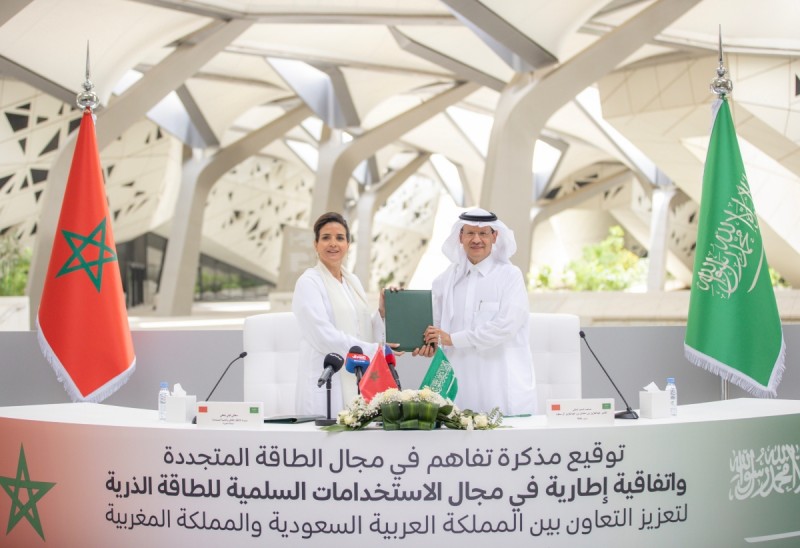After decades of political independence and transition into democracy, why more women are not getting elected into political offices in Nigeria remains a piercing question.
The clock is fast ticking towards the 2023 general elections, yet Nigerian women are still underrepresented in elective and appointive positions. The country has faced this major problem since its return to democracy.
Women undeniably participate in some form of politics in Nigeria. Nearly all political parties have strong women wings designed to coordinate and maintain the support base of each party.
It is, however, disheartening that political parties seem to be content with relegating women to the position of Women leaders, Chief Women Organizer, etc., but deny them elective positions such as the gubernatorial seat and the Presidency.
More specifically, less than 10 per cent of women who run for seats in either chamber of the national assembly emerge victoriously.
It is more disheartening to note that in 2021, Nigeria ranked 149 out of the 153 nations in closing the gender gap worldwide. Nigeria ranked 184 out of the 187 countries assessed by the Inter-Parliamentary Union for women’s representation in parliament.
The national average of women’s political participation in Nigeria has remained at 6.7 per cent in elective and appointive positions, which is far below the Global Average of 22.5 per cent, Africa’s Regional Average of 23.4 per cent and West African Sub Regional Average of 15 per cent. This is a growing concern for many Nigerian women.
To change this narrative, women are protesting against the rejection of a critical Special Seats Bill that will allow them access to 35% slots in all elective positions. This is in line with the declaration made at the fourth World Conference on women in Beijing, which advocated 30% affirmative action for women’s participation.
The Special Seats Bill is one of the gender bills whose fate is still in the hands of Nigeria’s senators and representatives. Co-sponsored by the Honorable Nkeiruka Onyejeocha, Honourable Speaker Femi Gbajabiamilia and over 80 legislators, the bill is that bill that can boost Nigeria’s status as one of the countries making efforts to improve women’s representation in elective office.
Sponsors of the Bill and concerned women were left in shock when the National Assembly rejected the bill. Women’s voices across Nigeria were heard. They took to the streets in protest and occupied the gates of the National Assembly for ten days until the House of Representatives promised to revisit the bills.
Women’s representation in the 9th National Assembly is at 4.47% (21 of the 469 legislators). So far, the highest number of women in the National Assembly was in 2007 at 7.6% (36 women out of 469 legislators).
The 2019 general elections revealed that while there was an increase in women aspirants, the percentage of women emerging as party candidates reduced at post-party primaries, especially for legislative houses. In 2019, women’s candidacy for the Senate was at 12.3%, a decline from 17% in the 2015 elections.
For the House of Representatives, women’s candidacy was at 11.6% in 2019, a decrease from 15% in the 2015 elections and for State Assembly at 12.7% in 2019, a decline from 14% in 2015. Presently, 15 states in Nigeria have no women in their State Assembly.
Considering these figures, is asking for only 35% affirmative action for women in political party administration, leadership and appointive positions too much to demand?
Under international standards, both men and women should have equal rights and opportunities in everything, including participation at all levels of political processes.
Globally, women constitute over half of the world’s population and contribute in vital ways to societal development generally. In line with the global trend, Nigerian women comprise nearly half of the population of the country. But despite the significant roles they play, women’s roles in society are yet to be given recognition. This is due to cultural stereotypes, religious abuse, traditional practices, and patriarchal societal structures.
Nigerian women have a right to notable political offices. The impartial participation of women in public life is essential to building and sustaining solid and vibrant democracies.
When women are not participating in politics, it’s less likely that policies will benefit them. Women need to participate in bringing attention to issues that uniquely affect them and to change attitudes towards gender.
As we move closer to the 2023 elections, much more needs to be done. There is a need for reflection and action. Gone are the days when women should not be allowed to make meaningful decisions in elective positions.


